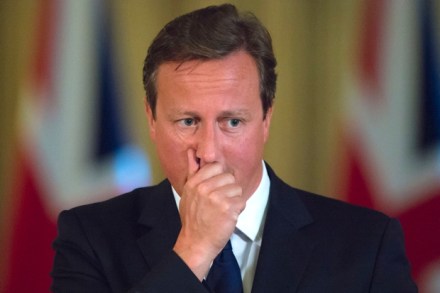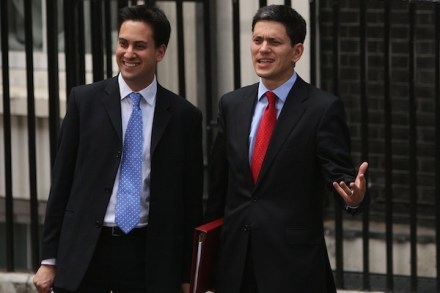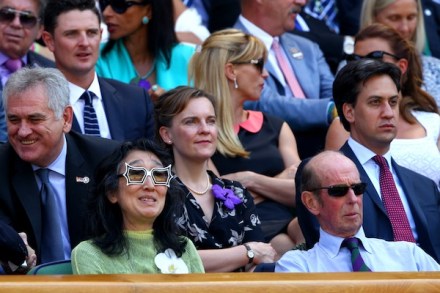PMQs sketch: Wimbledon and trade union scandals
Andy Murray’s joy is now complete. Yes, he won Wimbledon and all that, but his crowning glory came today when he was mentioned at the start of PMQs. Cameron apparently has no idea how goofy and devious he looked last Sunday when he half-opened the door of Downing Street and stepped out to greet Murray with a shifty smirk plastered across his face. In the House, he declared that the first British victory at Wimbledon in 77 years was a historic event. Ed Miliband agreed but appended the triumph of Virginia Wade in 1977 to Cameron’s tribute. This was greeted by a Labour cheer so loud that it registered at





















